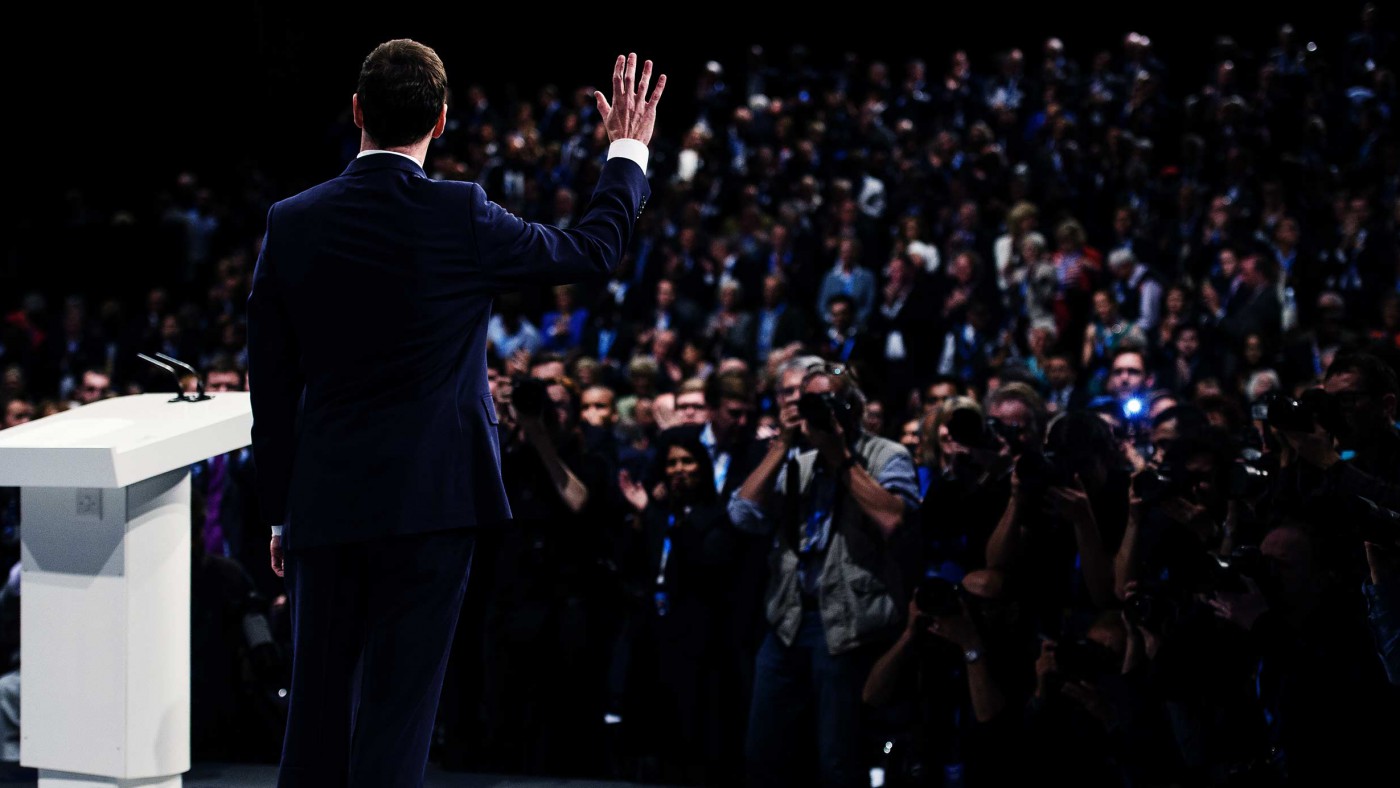This will be a notable week in British political history. In an audacious speech, the Prime Minister will seize the central ground of British politics with the intention of inflicting terminal damage on the Labour party: political, sociological and moral.
For decades, in government and in oppposition, Labour has sustained itself – and appealed to its core vote – on the basis of a claim and a related assumption. The claim was that only Labour could be trusted with the welfare of the less well-off. The assumption was that the working class was, in effect, a different species. It wanted to belong to a trade union and live in municipal housing. It did not expect to have any say over its children’s education. Its goals were collective, not individual.
As sociology, that has been exploded for at least a generation. These days, it would be hard to find a university sociologist who still believes it. But Jeremy Corbyn – to paraphrase Keynes – is in the grip of a long-dead sociologist, and is set on the intellectual enslavement of his party. This gives the Conservative party an historic opportunity, which it will take. On Monday, George Osborne talked about the party of the workers. On Wednesday, David Cameron will be talking about working people and their families. This is bound to bewilder some traditional Conservatives. They would never have expected their leaders to use a vocabulary stolen from Jeremy Corbyn – and Tony Benn. But David Cameron is unrepentant. He is determined to build a coalition that embraces almost the whole of the British people and excludes no-one: the aspiration coalition.
You want to buy your own home? We are your party. You want economic security for yourself and your family? We are the only party you can rely on. Education: are you afraid that your children will be condemned to a bog-standard comprehensive? Again, there is only one party that you can trust. While Jeremy Corbyn is trying to mobilise the food-bankers against the bankers, David Cameron also wants to mobilise – everyone who has a bank account.
As he expounds these aims, the PM is spurring on his own instincts. He has talked about the Big Society. He has insisted that we are all in this together. No-one ever quite knew what he meant. It was never clear whether he really knew what he meant. After Wednesday, those doubts will be dispelled.
Once, when asked to define his ambitions, Mr Cameron said that he wanted to leave the country stronger and the British people more prosperous. In some quarters, he was criticised for banality. Compared to Margaret Thatcher’s electrifying language, it did lack excitement. But what is wrong with strength and prosperity? Mr Cameron is committed to both and determined to deliver on both. On Wednesday, he will find the words to express this.
So what can go wrong? There is one unquantifiable danger and one intellectual problem. The danger is the world economy. In the UK, everything seems set fair. In most of the rest of the world, there are storm signals. Some of the Brics are turning to straw; China is an especial anxiety. There is also the Eurozone. Wherever the components of British growth are dependent on abroad, there could be trouble. From the government’s point of view, there is one consolation. As there is virtually nothing that it could do to influence all these global outcomes, it just has to hope for the best.
The intellectual problem is another matter. As the Tory party proclaims its belief in equality of opportunity, there is a danger that the “of opportunity” words fail to register. It is already possible to find Tories who sound as if they are flirting with egalitarianism. Let a thousand flowers bloom by all means, but there are limits. The purpose is surely to steal some of Labour’s best clothes and thus demonstrate that party’s political nakedness – not to sound as if we are all Corbynites now. A few years ago, Iain Duncan Smith set up the Centre for Social Justice. That had always been a Labour slogan, so it was fun to pickpocket it. It is also difficult to adapt it for Tory use. “Social justice” sounds as it ought to mean more than equality of opportunity – as if it is trespassing on equalty of outcome. There is always a risk that if you pinch your opponent’s clothing, you fail to spot that it is infested.
This is not just an intellectual dispute. It can have damaging practical consequences. The younger George Osborne was interested in flat tax ideas, and rightly so. Lafferism works. Tax cuts can lead to higher tax revenues. Until the economy recovered, that was politically impossible. But its time ought to come. It would not only be extraordinary if David Cameron left office with the top rate of income tax still higher than it had been throughout most of Labour’s thirteen years. It would not help to achieve his goal of greater prosperity.


